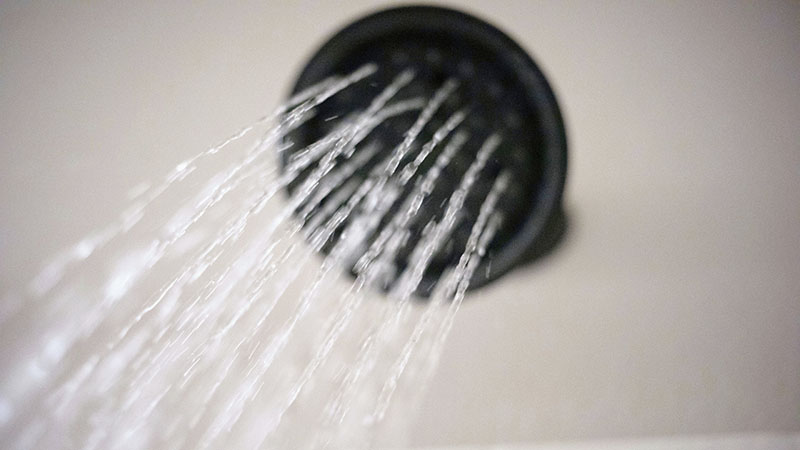Simple Showers Are Best, Experts Say

The Truth About Over-Complicated Shower Routines
In recent years, social media has been flooded with elaborate shower routines that promise radiant skin and a luxurious experience. These routines often include daily exfoliation, double cleansing, antibacterial soap, an array of scented body scrubs, and even shower oils. However, dermatologists are raising concerns about the potential harm these practices can cause to both your skin and the environment.
Dr. Olga Bunimovich, a dermatologist at the University of Pittsburgh Medical College, expressed her disapproval of these complex routines. She emphasized that while some people may be drawn to the idea of spending hours on their shower ritual, it’s often unnecessary and potentially damaging.
Understanding the Basics of Showering
A simple shower routine is usually sufficient for maintaining healthy skin. Experts recommend using lukewarm water and a fragrance-free, hypoallergenic cleanser. Afterward, applying a hydrating lotion or oil can help maintain your skin's moisture.
It's important not to stay in the shower for too long or use excessively hot water, as this can strip your skin of its natural oils. This can lead to dryness, irritation, and an overall compromised skin barrier.
The Role of Soaps and Oils
When it comes to soaps, it's best to choose those designed for sensitive skin. While antibacterial soaps are popular, they can be overly drying if used daily. They may be beneficial for individuals with specific conditions like hidradenitis suppurativa, which causes painful boils and abscesses.
Oils can be useful after you've dried off, as they act as a sealant to lock in moisture. However, they are not a substitute for moisturizers. Dr. Lisa Akintilo, a dermatologist at NYU Langone Health, noted that combining cleansing with hydration is essential for proper skincare.
Double Cleansing: Not Necessary for the Body
While double cleansing is common in facial skincare routines—especially for those who wear makeup—it is generally unnecessary for the body. This practice involves using an oil-based cleanser followed by a water-based one. Dermatologists advise against bringing this method to the full body, as it can lead to overuse of soap and excessive drying.
Exfoliating with Caution
Exfoliation helps remove dead skin cells, but doing it too frequently can cause issues, especially for those with dry skin or conditions like eczema or acne. Manual exfoliants like body scrubs or rough loofahs should be used sparingly to avoid irritation.
For a gentler approach, products containing lactic or glycolic acid can be effective. However, they should not be used all the time. If you notice rashes or irritation after exfoliating, it might be a sign that you're overdoing it.
Saving Water and Protecting the Environment
Showers account for nearly 17% of indoor water use in the United States, according to the Environmental Protection Agency. With many states experiencing drought conditions, conserving water has become increasingly important. Taking shorter showers not only helps protect the environment but also allows your skin to retain its natural oils.
Conclusion
While it's tempting to follow the latest trends, it's essential to prioritize your skin's health and the environment. A basic, thoughtful shower routine can be just as effective as the more complicated ones. By understanding what your skin needs and avoiding overuse of products, you can maintain healthy, balanced skin without unnecessary effort.
Post a Comment for "Simple Showers Are Best, Experts Say"
Post a Comment